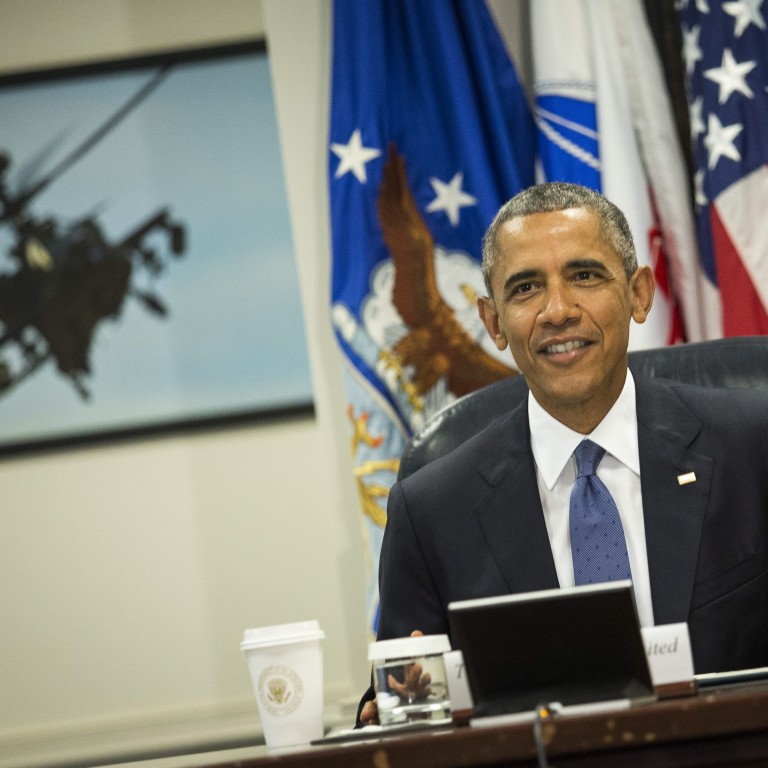
World must wage an ideological battle if Islamic State is to be defeated
The militant group Islamic State relies on the propaganda of its battlefield and attack successes to draw recruits. Governments fighting its scourge have as yet been unable to find an effective way of combating its sophisticated use of social media.
The militant group Islamic State relies on the propaganda of its battlefield and attack successes to draw recruits. Governments fighting its scourge have as yet been unable to find an effective way of combating its sophisticated use of social media. Killings beyond land seized in Iraq and Syria to create an Islamic caliphate are increasingly being carried out in its name. Stopping its advances requires far greater resources by countries worried about the threat faced than they have so far been willing to provide.
US and allied air power, combined with local ground forces, have been the crux of the strategy to defeat IS. US President Barack Obama, in defending the approach on Monday, admitted it would take years before victory could be claimed. Part of that is down to combating ideology: attacks like those carried out two weeks ago by a gunman on a beach in Tunisia who killed 38 tourists, mostly foreigners, and a suicide bombing at a mosque in Kuwait that left 29 dead were perpetrated by "lone wolf" assailants. Both were students who had been exposed to IS' radical thinking. Stopping such extremists requires community vigilance, education and intelligence.
These are but two of the IS-inspired attacks that it has triumphantly reported to the world. They encourage copycat plots and give an impression to potential recruits of continued successes. The UN believes more than 25,000 foreigners have already joined and the number is rising; stopping the tide is difficult given the savvy of the group's "keyboard warriors". Yet the attacks, which prompted a state of emergency in Tunisia and nation-wide DNA testing as a security measure in Kuwait, came amid a spate of battlefield defeats.
Substantial foreign support, especially from the Western nations that helped create the IS through the invasion of Iraq in 2003, is essential to defeat its fighters and propaganda. Government forces in Syria and Iraq remain weak and societies are divided between Muslim sects and along lines of tribe and class, making them easier to conquer. IS' fighters are brave, determined, ruthless and have great mobility.
Governments worry about terrorism from IS returnees. They can better counter the messages their disenchanted youth are being sent through technology and education. But the real battle remains on the ground in Iraq and Syria. Victory requires much more military and financial aid. But that support will be effective only if Iraqis and Syrians put their houses in order.

